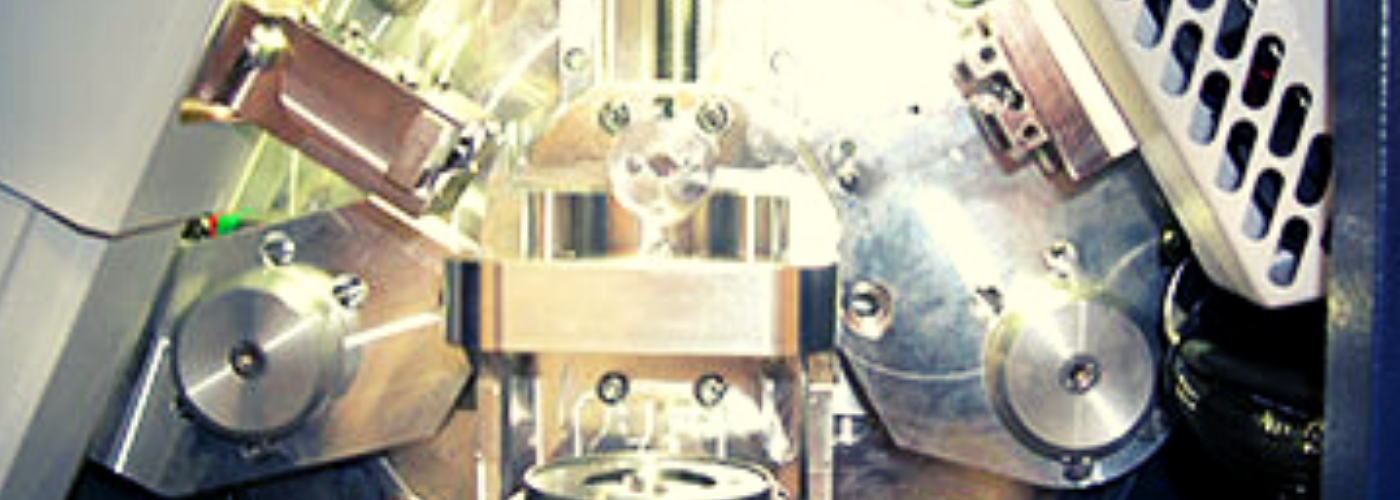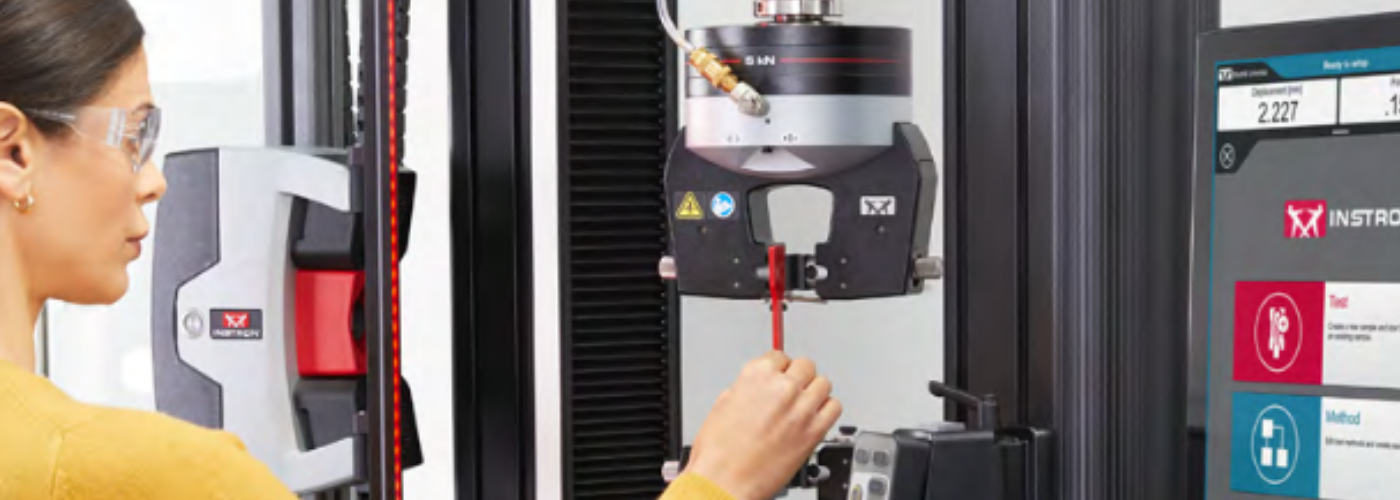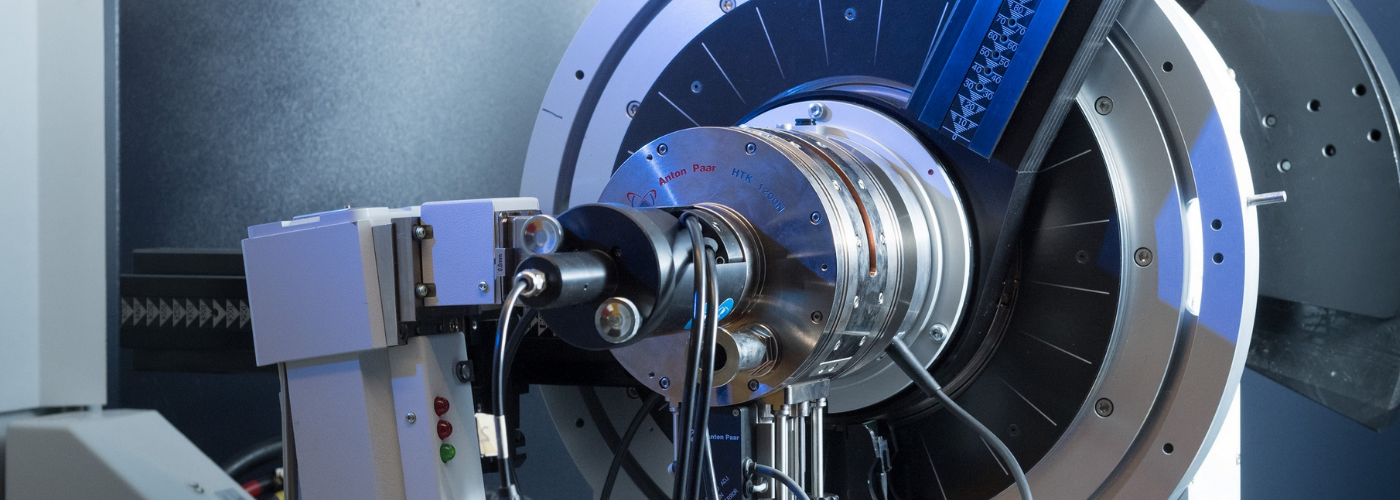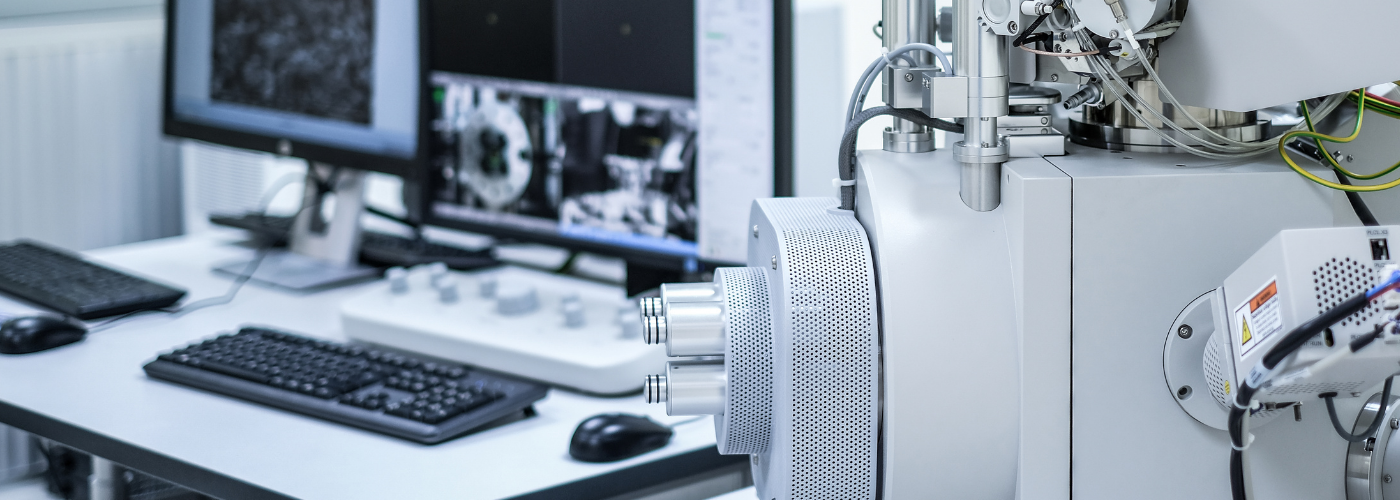
Team of Energy Experts preform a technical assessment for your facility for free.
HOW IT CAN HELP
Provide a technical report detailing opportunities to save at least 10% savings on utility costs with recommendations have paybacks of 2 years or less.
DETAILED DESCRIPTION
The University of Utah’s Intermountain Industrial Assessment Center (IAC) offers no-cost technical services to select Utah participants with the mission of reducing participant utility costs. These technical services directly support any participant goals for net zero, corporate social responsibility, climate neutrality, etc. while also providing university students a direct social impact experience.
HOW MUCH DOES IT COST?
IAC technical services and energy assessments are completely cost-free, because of a grant from the DOE.
WHAT CAN I EXPECT?
Interested participants open to implementing cost reducing opportunities are asked to spend up to 10 hours with the team through the full process, providing brief, advance information (e.g., utility bills) and a business and production process overview to the University team.
HOW TO GET STARTED
Submit the 5-minute application at: https://www.energy.utah.edu/application/
Download PDF



